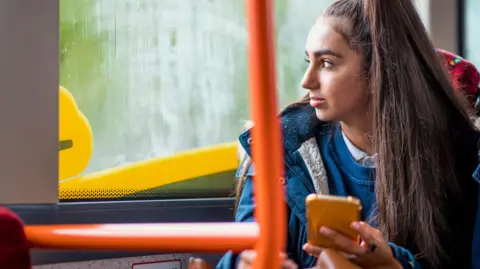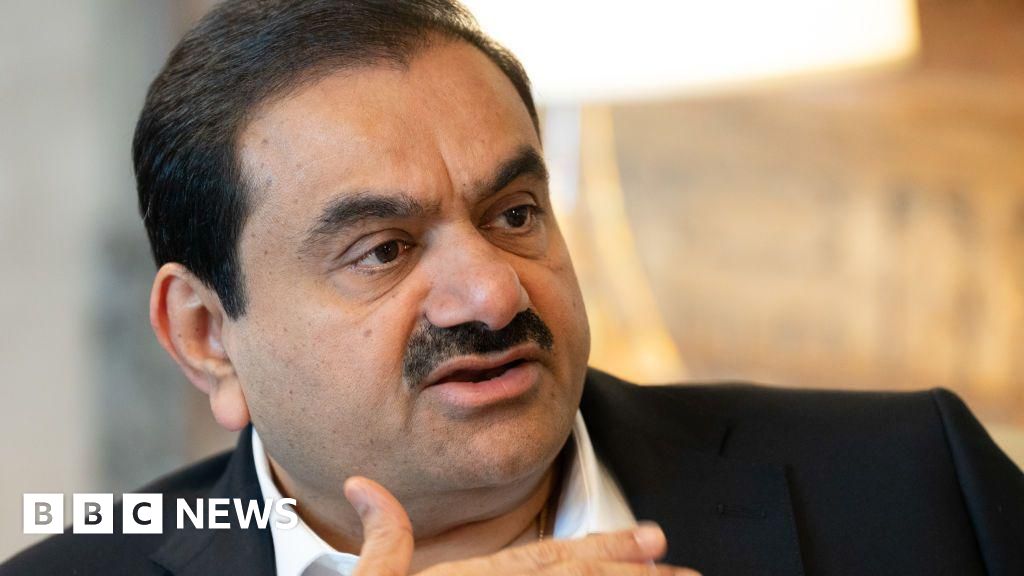ARTICLE AD BOX

 Getty Images
Getty Images
Many bus passengers in England will face an increase in single fares from £2 to £3 from Wednesday.
Leading campaign groups have said it would result in a "costly start" to 2025.
The previous limit of £2 was introduced under the Conservative government to help with the rising cost of living.
The Department for Transport said, however, that the money raised will help support travel in rural communities and towns where there is a heavy reliance on buses.
The new £3 cap, covering most bus journeys in England, will run until the end of 2025.
Fares that would be below £3 without the cap - such as many in urban areas - are only permitted to rise in line with inflation, which measures how prices change over time.
Buses are the most commonly-used form of public transport in Great Britain. But in recent years, thousands of services have been cut due to local councils' funding coming under significant pressure.
Outside of London, bus mileage in the year ending March 2024 was about a quarter lower than in 2005.
There was speculation that the bus fare cap in England would be scrapped entirely at Chancellor Rachel Reeves' first Autumn Budget.
Silviya Barrett, from lobby group Campaign for Better Transport, said that the policy had proven popular with passengers.
While the cap which was due to expire at the end of December was retained, she said that its increase to £3 was "significant".
"The government must now look for a long-term replacement for the scheme from next year to avoid any further rises," she said.
Local authorities do have the power to keep the cap lower in their areas if they subsidise it themselves, or fund their own local transport schemes.
For example, the cost of a single journey on a bus in Northumberland, Tyne and Wear, and County Durham will be capped at £2.50 from January.
This comes after North East Mayor Kim McGuinness said it would be subsidised by the North East Combined Authority until December 2025.
In West Yorkshire, the cap will remain £2 until the end of March, after which it will rise to £2.50 for the remainder of the year.
Single bus fares in London with Transport for London will also remain at £1.75 and those in Greater Manchester at £2. These regions are excluded from the broader fare cap as their funding is structured differently.
Alison Edwards, director of policy at bus and coach industry body the Confederation of Passenger Transport, suggested that many people who use bus services would continue to pay well under £3 per journey.
She said that commuters and regular passengers often opt for season tickets which are cheaper.
Many single fares on shorter routes will remain below £3, she added.
The transport department said it is providing more than £150m in funding to help fund the cap this year.
The Bus Services Bill currently passing through Parliament will also place a duty on officials to ensure that every town in England and Wales with a population of more than 10,000 people has a regular service operating seven days a week.
Local transport minister Simon Lightwood said that buses are "vital" to help people get to work, see a doctor, or to visit their friends and family.
He said that the government is ensuring that buses "continue to be an attractive, affordable way to get around".

 2 weeks ago
5
2 weeks ago
5








 English (US) ·
English (US) ·